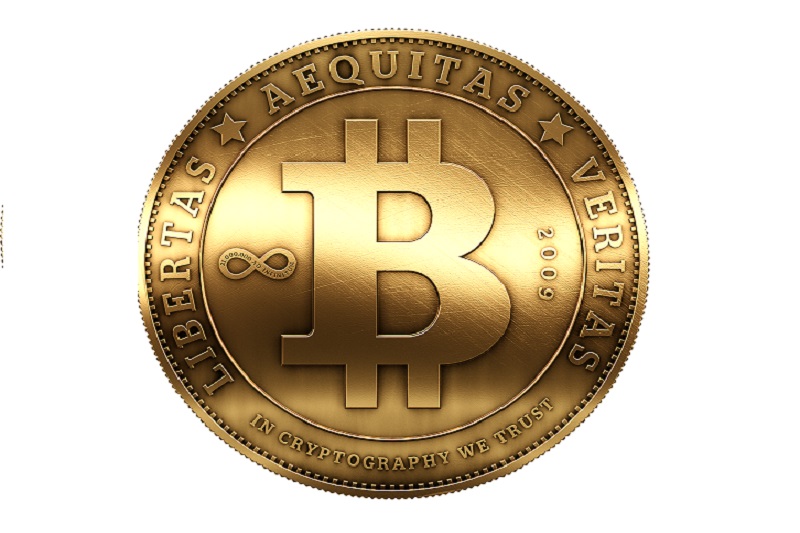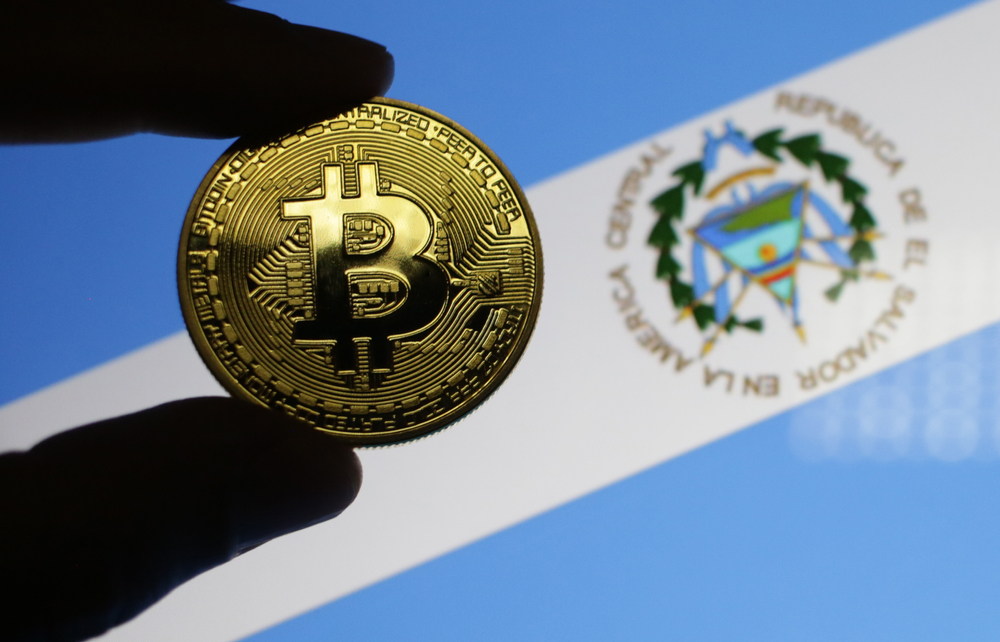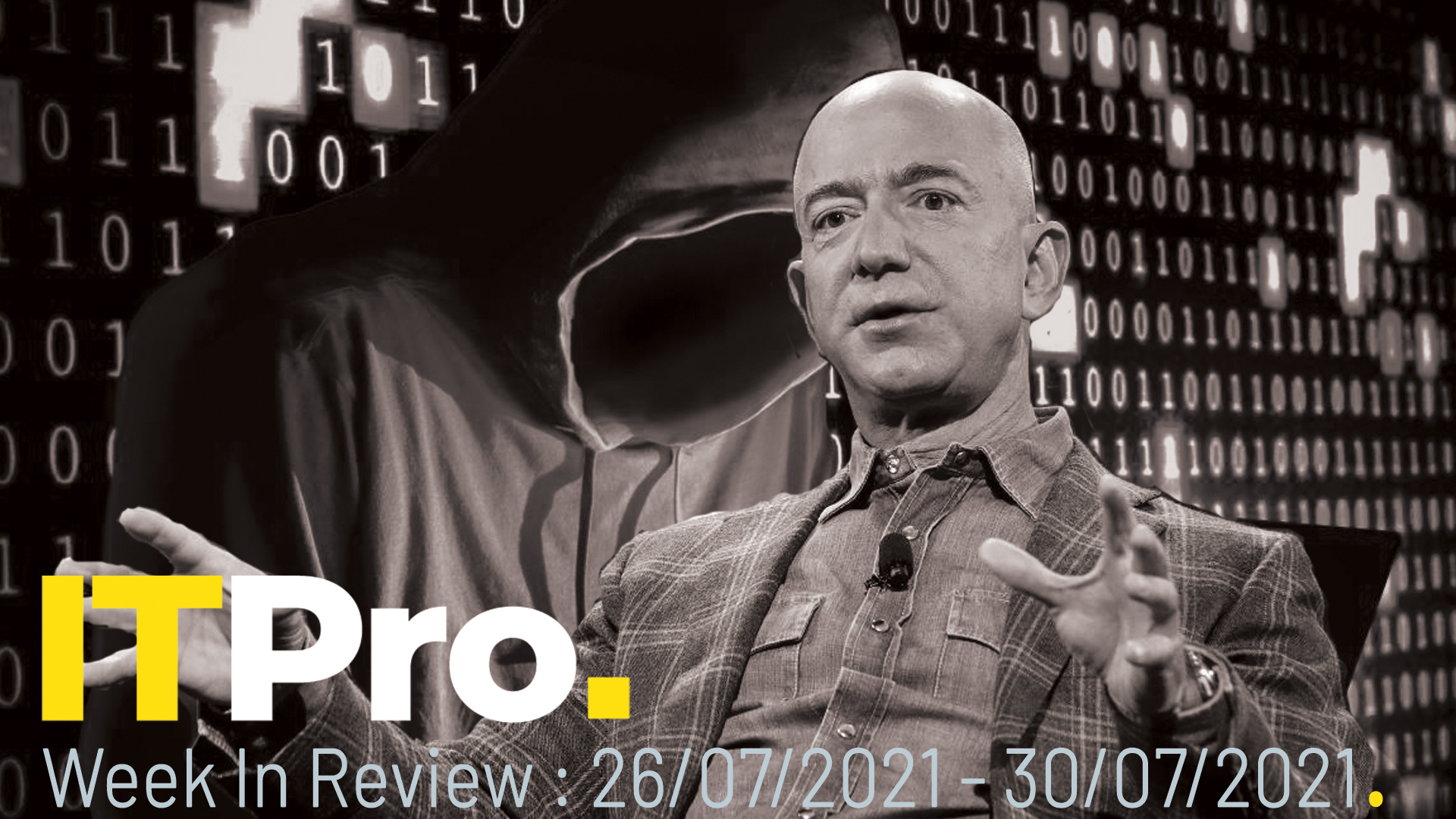The Bitcoin business: Securing your crypto-currency
For many, Bitcoin remains clouded in confusion. Davey Winder explores what it is and how to use it securely.


Likely to increase, that is, because being a virtual currency and outside of traditional financial regulatory controls, people seem to have a problem grasping that it still needs to be secured properly if they don't want hackers and dishonest vault operators to simply run off with your money.
People continue to throw all their Bitcoin 'savings' into online exchanges for ease of use, without ever considering this fundamental insecurity flaw by doing so. Far better to keep your own wallet, suitably encrypted, offline (cold storage) and stuffed with your stash, only releasing a small amount of ready-spending money into an exchange at any given time. That way, if the service is compromised you only lose a given and controllable sum rather than everything you own.
With more than $1 billion worth of Bitcoins out there in the virtual market already, we are not talking chump-change and only a chump would leave a big pile of 50 notes on their desk in an unsecured office for anyone to steal. Yet, hackers have made off with more than a million dollars worth of Bitcoins from Bitcoin exchanges and vault services on more than one occasion already. One exchange service in Hong Kong was reported to have gone offline in 'mysterious circumstances' with as much as $5 million worth of Bitcoins going missing as a result.
Another concern to some is that Bitcoin mining itself has become a compromised affair, with cyber criminals using dedicated botnets of zombie PCs in order to achieve the kind of processing power required to make it a profitable exercise. One toolbar utility app even included terms in the EULA giving it permission to use the hist computer to "do mathematical calculations for our affiliated networks" and went on to add that "Any rewards or fees collected by xxxxx or our affiliates are the sole property of xxxxx and our affiliates."
Yes, this toolbar installed a Bitcoin miner and actually got the end users to agree to it being used to make money for someone else with their resources. But there's not a lot that you, as an existing or potential user of Bitcoins, can do about that other than more carefully reading what you are agreeing to. You can, though, do something about making the Bitcoins you possess more secure and less vulnerable to theft.
How can you keep your Bitcoins safe?
So how can you better secure your Bitcoin wallet? The first thing that needs to be done is to understand that Bitcoins may only exist in the digital ether, but they have a very real value. Because Bitcoin transactions are irreversible (by design) with no buyer refund options (just like 'real' cash if you think about it), if someone manages to hack into your wallet and help themselves you will have lost everything.
That said, people continue to throw all their Bitcoin 'savings' into online exchanges for ease of use, without ever considering this fundamental insecurity flaw by doing so. Far better to keep your own wallet, suitably encrypted, offline (cold storage) and stuffed with your stash, only releasing a small amount of ready-spending money into an exchange at any given time. That way, if the service is compromised you only lose a given and controllable sum rather than everything you own.
Sign up today and you will receive a free copy of our Future Focus 2025 report - the leading guidance on AI, cybersecurity and other IT challenges as per 700+ senior executives
Secure your wallet in the same way you would secure other valuable data. Use two-factor authentication, use encryption, use your head! And using your head means backing up your wallet as well, because if it is lost (stolen laptop, corrupted hard drive whatever) then you've lost your money otherwise.
Oh, and it goes without saying - but I will say it anyway - encrypt your backup. Business users may want to investigate the multi-signature function that the Bitcoin protocol allows, enabling transactions to require more than one private key in order to be processed.
Davey is a three-decade veteran technology journalist specialising in cybersecurity and privacy matters and has been a Contributing Editor at PC Pro magazine since the first issue was published in 1994. He's also a Senior Contributor at Forbes, and co-founder of the Forbes Straight Talking Cyber video project that won the ‘Most Educational Content’ category at the 2021 European Cybersecurity Blogger Awards.
Davey has also picked up many other awards over the years, including the Security Serious ‘Cyber Writer of the Year’ title in 2020. As well as being the only three-time winner of the BT Security Journalist of the Year award (2006, 2008, 2010) Davey was also named BT Technology Journalist of the Year in 1996 for a forward-looking feature in PC Pro Magazine called ‘Threats to the Internet.’ In 2011 he was honoured with the Enigma Award for a lifetime contribution to IT security journalism which, thankfully, didn’t end his ongoing contributions - or his life for that matter.
You can follow Davey on Twitter @happygeek, or email him at davey@happygeek.com.
-
 Trump's AI executive order could leave US in a 'regulatory vacuum'
Trump's AI executive order could leave US in a 'regulatory vacuum'News Citing a "patchwork of 50 different regulatory regimes" and "ideological bias", President Trump wants rules to be set at a federal level
-
 TPUs: Google's home advantage
TPUs: Google's home advantageITPro Podcast How does TPU v7 stack up against Nvidia's latest chips – and can Google scale AI using only its own supply?
-
 IMF urges El Salvador to remove Bitcoin as legal tender
IMF urges El Salvador to remove Bitcoin as legal tenderNews The country sought a $1.3 billion loan from the IMF last year, although this has been reportedly hindered by the fund’s Bitcoin concerns
-
 Cryptocurrency: Should you invest?
Cryptocurrency: Should you invest?In-depth Cryptocurrencies aren’t going away – but big questions remain over their longevity, the amount of energy they consume and the morals of investing
-
 IT Pro News in Review: Record profits in tech, hackers turn to new languages for malware, Amazon's Bitcoin plans
IT Pro News in Review: Record profits in tech, hackers turn to new languages for malware, Amazon's Bitcoin plansVideo Catch up on the most important news of the week in just two minutes
-
 El Salvador offers its citizens free Bitcoin
El Salvador offers its citizens free BitcoinNews Bukele doubles down on crypto commitment with a giveaway
-
 Square and Blockstream to build a solar Bitcoin mining facility
Square and Blockstream to build a solar Bitcoin mining facilityNews Solar mining plant will aim to temper concerns of power consumption from Bitcoin mining
-
 What are altcoins and how do they work?
What are altcoins and how do they work?In-depth The alternatives to Bitcoin explained
-
 Steve Wozniak sues YouTube over Bitcoin scam videos
Steve Wozniak sues YouTube over Bitcoin scam videosNews Lawsuit claims YouTube is aware of the Bitcoin giveaway scams but hasn’t taken videos down
-
 Bitcoin scam exposes the personal details of 250,000 people
Bitcoin scam exposes the personal details of 250,000 peopleNews The UK and Australia represent approximately 93% of users hit by the crypto-scam
